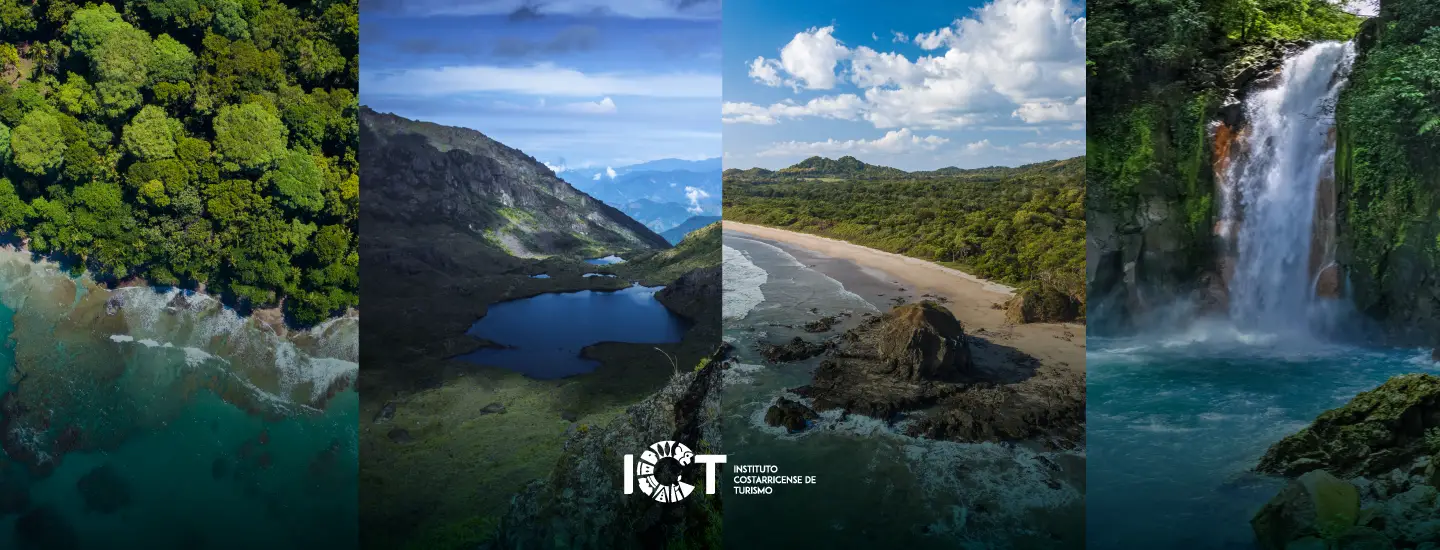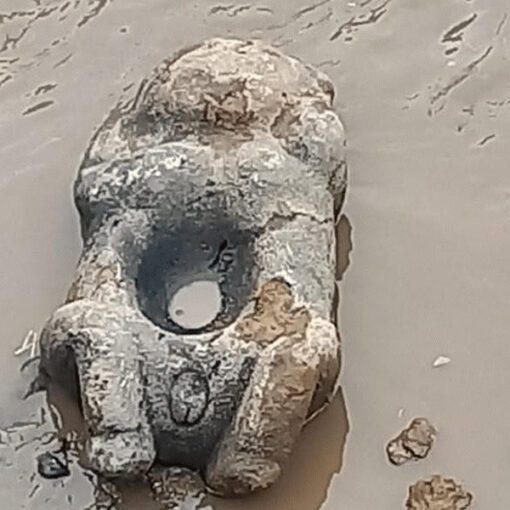Costa Ricans have been dealing with a critical situation regarding the supply of drinking water. Despite dialogue and continuous protests, the Costa Rican Institute of Aqueducts and Sewerage (AyA) has been unable to resolve the issue.
The Ombudsman’s Office pointed out several causes for this problem, including territorial disorder, lack of protection in water recharge areas, inadequate planning, lack of project execution, and poor coordination between the AyA and local authorities. Climatic phenomena, especially hotter and drier summers, have also had an influence. However, they are not the only culprit.
The reality is that the country has been facing a severe supply problem for quite some time, preventing it from meeting the nationwide demand for this service. Communities such as Hatillo, Mata Redonda, Coronado, Desamparados, and Alajuelita are among the most affected in the Greater Metropolitan Area.
These areas complain about continuous rationing, which often occurs without prior notice and lasts longer than expected. The Ombudsman’s Office considers that the efforts made by AyA have not been sufficient. The institution has implemented some emergency actions, such as rationing schedules, supplying tanker trucks, incorporating new wells into the metropolitan aqueduct system, and installing tanks in highly vulnerable areas. However, these measures fail to address the underlying problem.
According to the Ombudsman’s Office, AyA must implement efficient planning and execution of medium and long-term infrastructure projects to improve the water and hydraulic capacity of the aqueduct systems.
Recent reports by the Public Services Regulatory Authority (ARESEP) show that the institution has 57% of drinking water losses, incomplete project executions that take 10 to 15 years, and 80% of meters under-registering consumption.
The report also revealed non-compliance in the verification of water quality by all service providers in the country, and the absence of a strategy to keep water quality information updated annually by the National Water Laboratory.
The Ombudsman’s Office highlighted that they had called AyA’s attention to the lack of foresight and implementation of measures to meet the population’s supply needs years ago. They also indicated that they would prepare a report for each community affected by the water problems.
Source link
Tico Times



